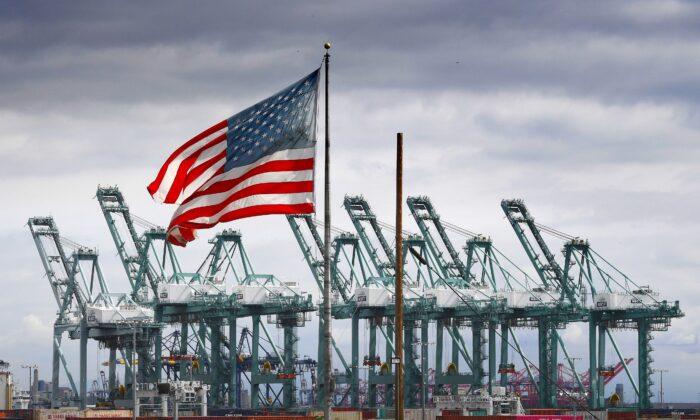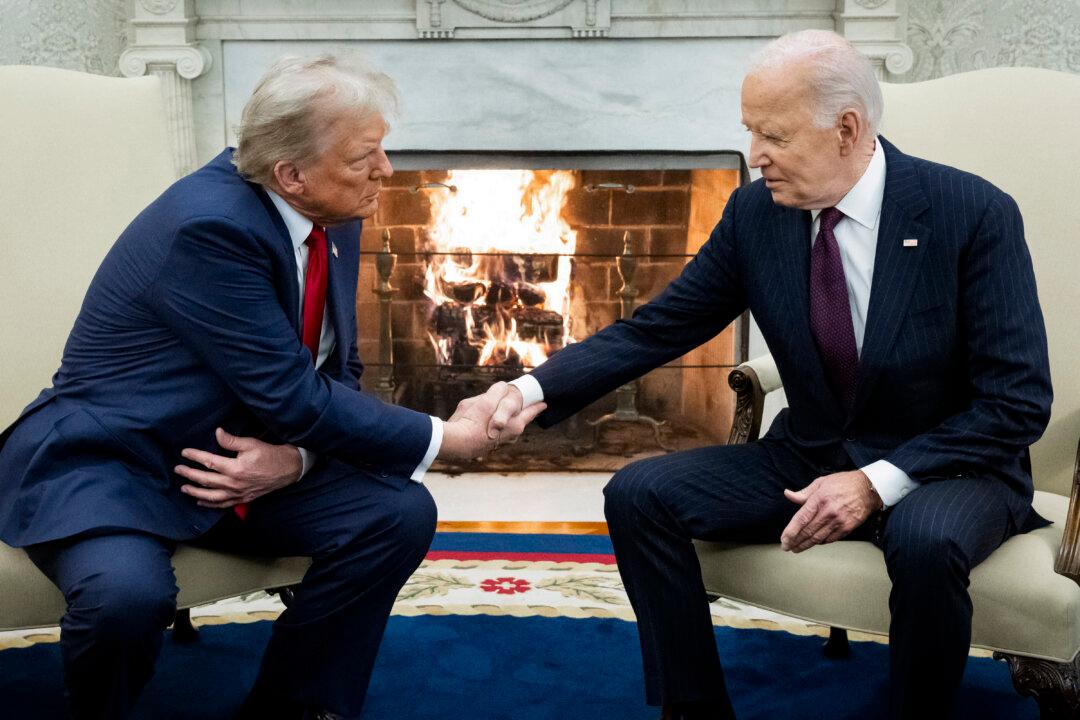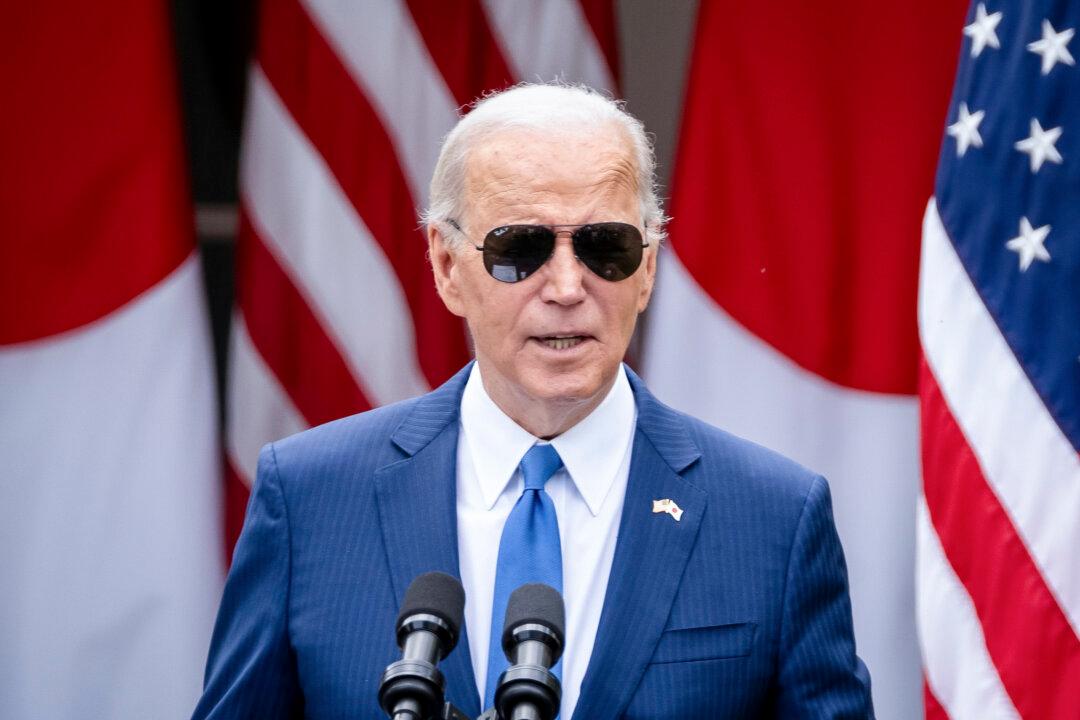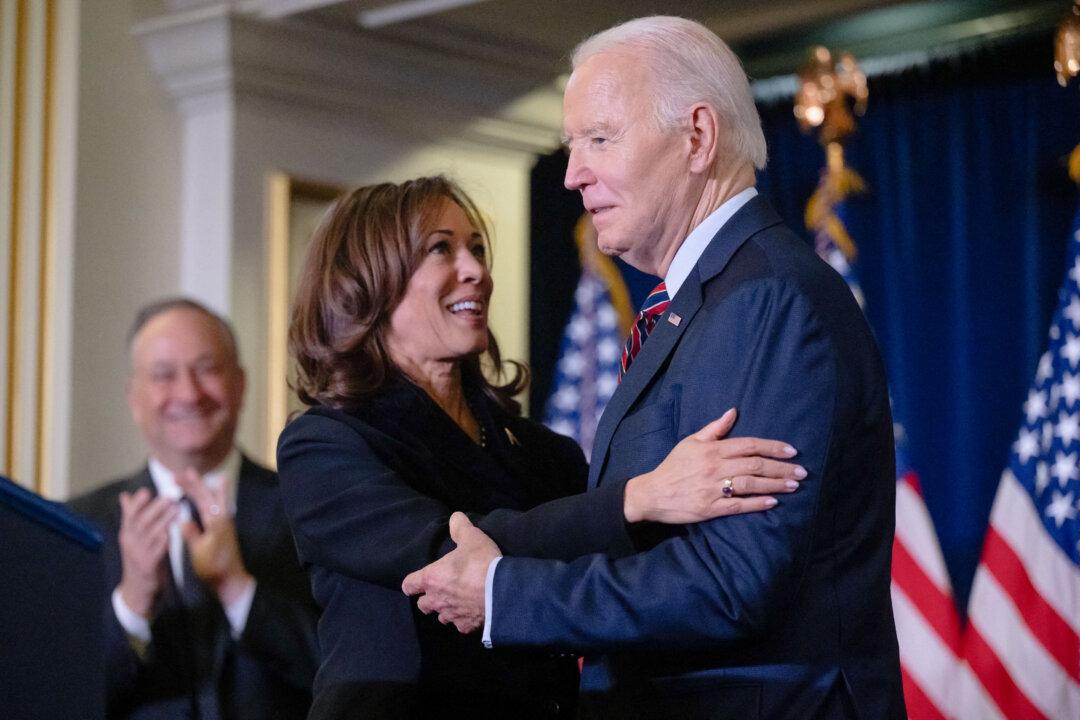A global pandemic, supply chain shocks, and rising geopolitical tensions have elevated the importance of national security for business leaders. A new survey showed that company executives in the United States rate their home country as a top stakeholder, placing it above shareholders and customers.
The days when the companies fixated only on creating long-term value for shareholders seem to be coming to an end. Business leaders are shifting their focus to a stakeholder model from shareholder value, and for many multinational firms, the home country is now emerging as a powerful new dimension among stakeholders.
“Home country is no longer an unspoken stakeholder,” Michelle Giuda, executive vice president at Weber Shandwick, said in a report.
“As corporate leaders reset their strategies for a new geopolitical and post-COVID era, they are considering how they deliver and communicate value to their home country stakeholder. Executives are saying corporate responsibility includes national responsibility, and leaders must plan accordingly.”
The survey was conducted from Feb. 18 to April 5 among more than 1,200 CEOs and corporate presidents of leading large multinational firms based in 12 countries.
In a majority of the countries surveyed, executives placed home country among the top three “very” important stakeholders. Importance of the home country, however, was much higher in the United States and Canada.
American executives rated home country as the No. 1 stakeholder, followed by shareholders, customers, partners, and workers. Nearly 70 percent of U.S. executives believe the home country is a very important stakeholder.
In a majority of the countries surveyed, including Germany, Japan, and the UK, executives rated customers as the top stakeholder.
Consideration given by companies to their home countries’ national interests has grown over the past five years, according to the survey report. And 83 percent of firms around the world stated that “national security or country’s economic interests should come before bottom line.”
Companies “should always put the interests of citizens and customers above profits and business interests,” a U.S. executive of a telecommunications and technology company told Weber Shandwick.
The survey results reveal the souring sentiment against globalization, which has shaped the world economy over the past few decades. With the pandemic, the retreat from globalization has gained momentum, forcing governments and companies to refocus on national interest and economic security. Washington is now implementing policies to bring back manufacturing.
“It also suggests that free trading globalization is behind us and that overseas investment and corporate partnerships will now have an extra geopolitical filter.”
Ninety-seven percent of U.S. executives, according to the survey, said that aligning business decisions with American values is “very” or “somewhat” important. In recent months, pressure has mounted on U.S. brands to stand up for their values, especially when it comes to human rights abuses in China.
In addition, 87 percent of global executives said they feel the pressure to take a position on geopolitical issues, and 55 percent of them warned that their company’s board of directors was not well prepared to deal with geopolitical risks.
“This 21st-century contest for national economic sovereignty and supremacy has thrust business leaders into the geopolitical frontlines like never before,” Giuda said.





